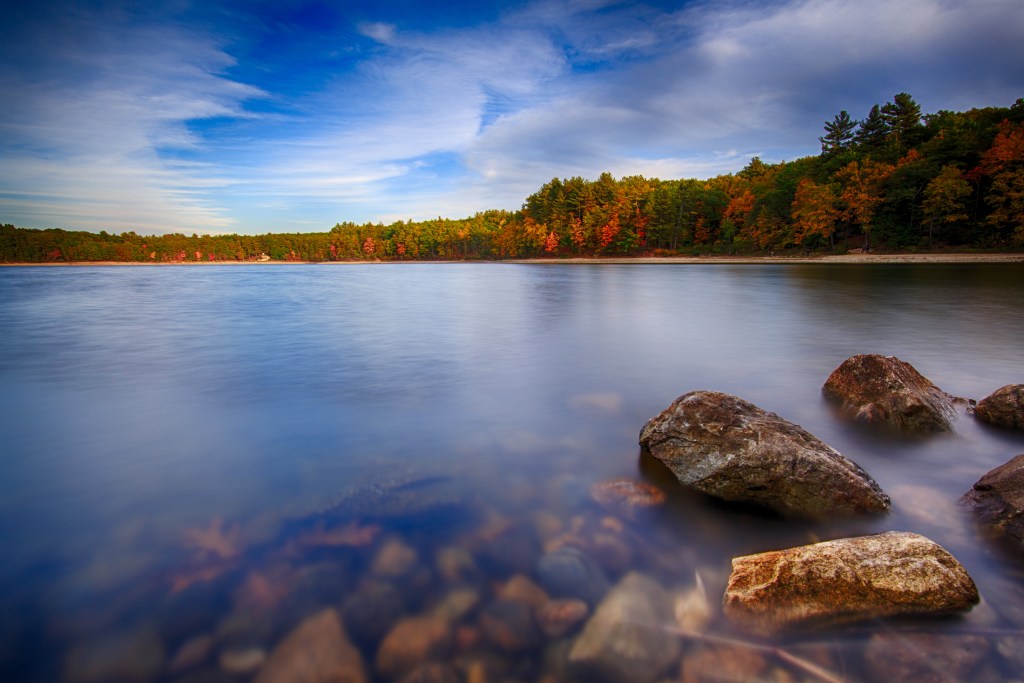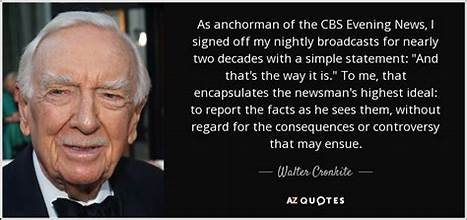
Walden Pond
There is a myth about a curse of Chinese origin that goes something like this,
“May you live in interesting times.”
Like so many of the quotes attributed to Mark Twain, Albert Einstein, or any other famous individuals, there is no such quote.
The closest “Chinese” curse, which I think is much more appropriate to this piece, is this,
“Better to be a dog in times of tranquility than a human in times of chaos.”
We live in times of chaos.
We have a government neutered by factionalism, intransigence, and revulsion to compromise.
Our choices for president are between a man in decline, no matter how sincere he may be, and another man in steeper decline whose only talent is self-aggrandizement and whose only goal is absolute authority without limitation.
We walked most places, breathed air mostly free of car exhaust, caught fireflies, camped in backyards, roamed woods and fields, left our doors unlocked during the day, and had flesh and blood friends we “added” by meeting them in school, on ball fields, or at our first jobs.
Joe Brodmeadow
While I have resigned myself to this reality—there really is no choice—perhaps there is hope. There is always hope.
We’ve lost our moral compass. We’ve lost our way. We lost our sense of appreciation for this life. Caught up in the “he said, she said, yeah, but what about…” nonsense of our disagreements, we’ve lost sight of our commonality.
While many wax nostalgic for the past—a charming but false premise—there were elements of the past from which we can derive benefits.
Most of our lives in those times were simpler. That’s not to say things were perfect, therein lies the danger of nostalgia. But they were less chaotic.
Our interactions were mainly face-to-face, which would mitigate the keyboard courage and incessant agenda-driven prevarication so rampant today.
Our source for news, often limited to three TV stations, AM radio (absent incessant talk shows), and newspapers, were respected, trustworthy, and reliable. And it wasn’t repeated over and over and over ad nauseum.
Breaking news meant breaking news.
We had faith in the integrity of the reporters and the reliability of the stories. Where are the Walter Cronkites of yesterday? (Yes, he wasn’t perfect, what person is? But he was infinitely better than many of today’s anchors.)
While politics has always been a blood sport, statesmanship (across the genders) was not just evident, it was widespread.
But most importantly, we spent more time outside in nature than we ever did in front of the TV or listening to the radio.
We didn’t play John Madden Football, we played football. We didn’t have games for baseball, we played games of baseball.
We walked most places, breathed air mostly free of car exhaust, caught fireflies, camped in backyards, roamed woods and fields, left our doors unlocked during the day, and had flesh and blood friends we “added” by meeting them in school, on ball fields, or at our first jobs.
There is something to be said about simplifying one’s life.
On the recommendation of my good friend, Kent Harrop–who, despite his retirement after many decades as a Baptist Minister, still strives to save my soul (which I am certain doesn’t exist, but it doesn’t stop him from trying)—recommended a book to me about Henry David Thoreau.
I’m sure most of you have read Thoreau’s Walden, his series of 18 essays about his time on Walden Pond. He became a transcendentalist, proponent civil disobedience (with the emphasis on civil), and encouraged reconnecting with nature. He saw a source of comfort in nature many have come to embrace.
I have found such comfort in nature many times.
Kent recommended the book The Gospel According to this Moment: The Spiritual Message of Henry David Thoreau by Barry M. Andrews, a Unitarian Minister. Perhaps Kent thought bringing in some different doctrinal reinforcements might make his efforts more successful in my salvation, but I am stubborn.
Anyway, the book reminded me of the value of simplifying things. Of taking time to examine what really matters. Of considering what to do with one’s moments on this planet, because they are fleeting and unrecoverable.
I’m not suggesting we all hold hands, sing Kumbaya, and dance around in the forest. I’m not quite there yet.
But, considering what I did with my time over the last few days, I can see where many moments were wasted for little results. While debating our political future is essential, how much will it matter when it is all said and done?
How much of that will you look back on as you face death and say, yeah, that was worth it? Will you think, I’m glad I spent that time in that manner?
In the beginning—I also read that book—there was darkness. And in the end, darkness will return. Between that beginning and end, we have the opportunity to live. It is the ultimate once-in-a-lifetime experience.
So, walk in the woods, a park, or a beach. Talk to someone, a friend, a family member, or a stranger, in person. Walk away from our overly connected world, even for the briefest of moments, hug a tree, and listen to nature.
You never know what you might learn. And I bet you will remember that moment over all the chaos and nonsense. It will be a moment in life you’ll never regret.
P.S. And read the book, a paperback copy. It just feels better. Thanks, Kent. Keep trying.


Joe, another good article. I’m glad you liked the book on the spirituality of Thoreau. I thought you and he would have a few things in common (apart from your mutual respect for the ethical teachings of Jesus, he, like you, thought the exclusiveness and dogmatism of orthodox Christianity to be a crock (I’m not a fan of exclusiveness either) and he even found the Unitarians to be too restrictive). And like you (and me) he found renewal and wisdom in nature. For Thoreau nature was a doorway connecting him to a source of wisdom and beauty that was greater than himself (both cosmic and close) and infinitely inspiring. For Thoreau, his ‘soul’ was a place of profound connection with that which was good, lasting and true. John Muir, another mystic, put it this way: “Into the wild (nature) I go, to lose my mind and find soul.’ I like that. How about you?
Muir is a favorite we hiked the Muir trail across Scotland
Joe, anything in Thoreau and Muir’s expansive concept of the soul that resonates? If not, why not?